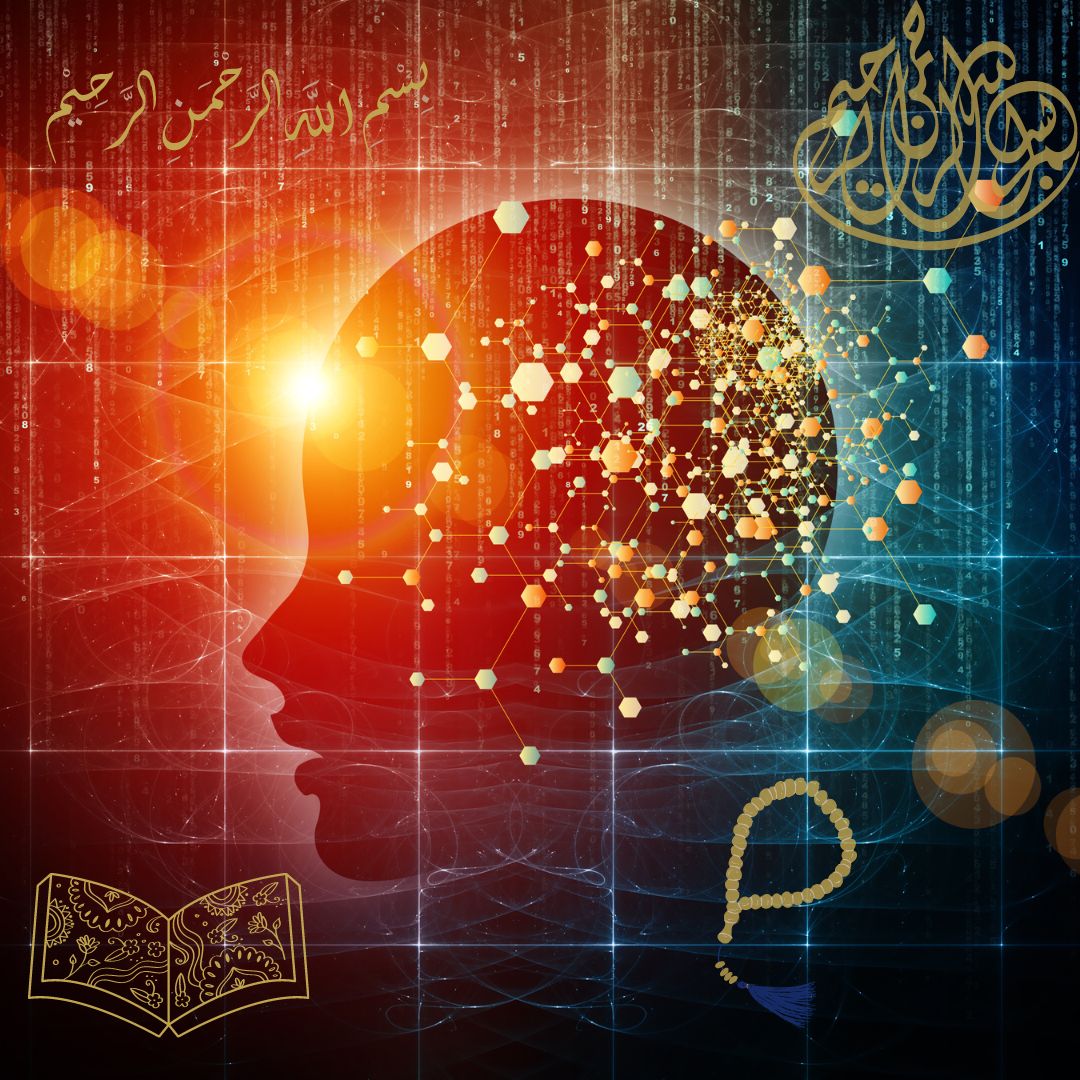Theory and Practice for all. Tutor: Dr TK Harris MD, Neuropsychiatrist
Learning Objectives:
- Know what the parts of the mind in Islamic psychology, and how this relates to happiness.
- Use this structure to describe how mind works in everyday, realtime situations.
- Describe the qualities of Islamic concepts: Nafs (Emotions), Aql (Intellect) and Qalb (Heart)
- Understand how wellbeing and good conduct are forged from the Islamic model.
- Apply this learning to a real-life situation of overthinking ( also known as obsessional thoughts or was-was)
Learner Requirements:
No prior experience required.
About the typical learner:
- You want to understand Islamic approaches to living well. You don’t need prior experience.
- You’re curious about how to improve your own mental wellbeing or for others in your life.
- You’re interested in mental health for your own learning or for your professional or academic needs.
- You want be effective in understanding how Islamic psychology works in personal or professional life.
- You’re aware of great speakers Mufti Menk, Nouman Ali Khan, Omar Suleiman or Yasmine Moghahed, and want to take your understanding to a deeper level.
Overview
Ancient traditions are coming back in a big way. They are timeless, and deal with the human condition very sympathetically.
Islamic psychology is surprisingly related in its origins to modern psychology and medicine. In fact, the world’s first psychiatric hospital was founded in medieval times by a doctor called Al-Razi, and many of its treatments would be recognised in a modern setting, including counselling, exercise, meditation and so on.
In this course, which is the first and only of its kind on Seeds of Guidance, Islam meets modern science in describing the essence of mental health and real-world contentment across all areas of life. Gain a full understanding of how your mind works. Increase your mental wellbeing using the concept of Tharwatul Qalb, or Mental Wealth, which cuts across all aspects of mental health, from illness right through to exceptional performance and noble conduct (Akhlaaq). Understand the emotions (Nafs), Intellect (Aql), and the Highest self or True self (Qalb).
Dr TK Harris is a retired neuropsychiatrist who trained in medicine in Oxford and went on to work in a clinical career for 20 years at the highest level- consultant neuropsychiatrist. A long time friend of Mufti Menk, he began writing groundbreaking books that combined Islamic and secular (academic) psychology. He has published seven books so far, three of which were Amazon best sellers in the Islamic Books category.
This course takes the mystery out of the mind, and gives the learner the tools needed to understand it clearly. We will cover a very relevant, working model of psychology and mental health that can be used to help oneself or others. Suitable for learners at all levels, from the lay person up to academic students and professionals who want to broaden their understanding and discover some genuinely useful tools that can be applied in any situation.
You must log in and have started this course to submit a review.


Although im here to solely learn about Islamic psychology and the corr principals, as a psychology student to learn and to make believe that i learnt i need certifications too, will this course help me to have a certificate too?